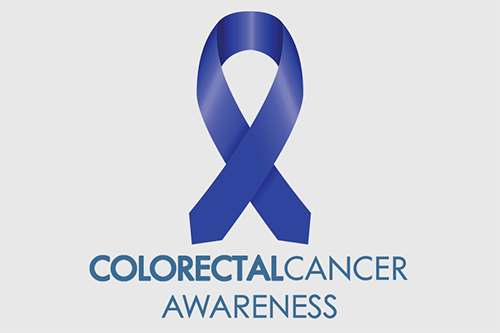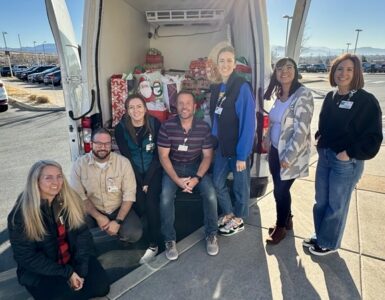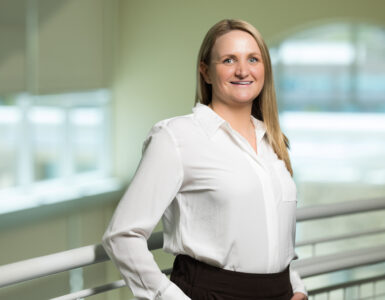Did you know that colorectal cancer or ‘colon cancer’ is the second leading cause of cancer death among both men and women nationally? Though this is a scary statistic, the good news is through screening and early detection, colon cancer is one of the most preventable and treatable cancers.
Colorectal cancer is often referred to as a silent killer because there are often no indications of a problem. Usually by the time symptoms appear, the cancer is already at an advanced stage. Because of this, the American Cancer Society recommends that all men and women with no family history begin screenings at the age of 45. If there is family history, or certain symptoms appear such as: a change in bowel habits, stomach aches, rectal bleeding, or extreme fatigue, your physician may recommend screenings at an earlier age. These symptoms can be associated with many other conditions, thus it is important for your provider to analyze the symptoms and determine whether or not you should be screened for colorectal cancer.
So, what do you do?
Talk to your primary care provider about your risks, discuss any symptoms you may be experiencing, and when you should begin screening for colon cancer. Early detection is the best protection.
The American Cancer Society recommends the following routine screening: the fecal occult blood testing (FOBT, also known as the fecal immunochemical test or FIT) annually; flexible sigmoidoscopy every five years; or colonoscopy every 10 years. Screenings are covered with no cost-sharing for those insured with Affordable Care
Act-compliant health plans, or through programs such as Medicaid or Medicare.
The benefit of early screening is the detection of precancerous polyps, (abnormal growths), which can be removed before they develop into cancer. With proper screening, the risk of dying from colon cancer can be reduced by up to 70 percent!
Colorectal cancer is treatable, but most importantly preventable. Do not wait to become one of the rising statistics for this disease. Be proactive, eat a fiber-rich nutritional diet, and schedule your colonoscopy, send for a fecal occult blood test, or consult with your doctor today. Remember, screenings save lives, but only if you take action.
For patients that have been diagnosed with cancer, our Cancer Resource Center provides all the help, support, and resources for both patients and their families.
For more information, visit here or call (775) 445-7500.







